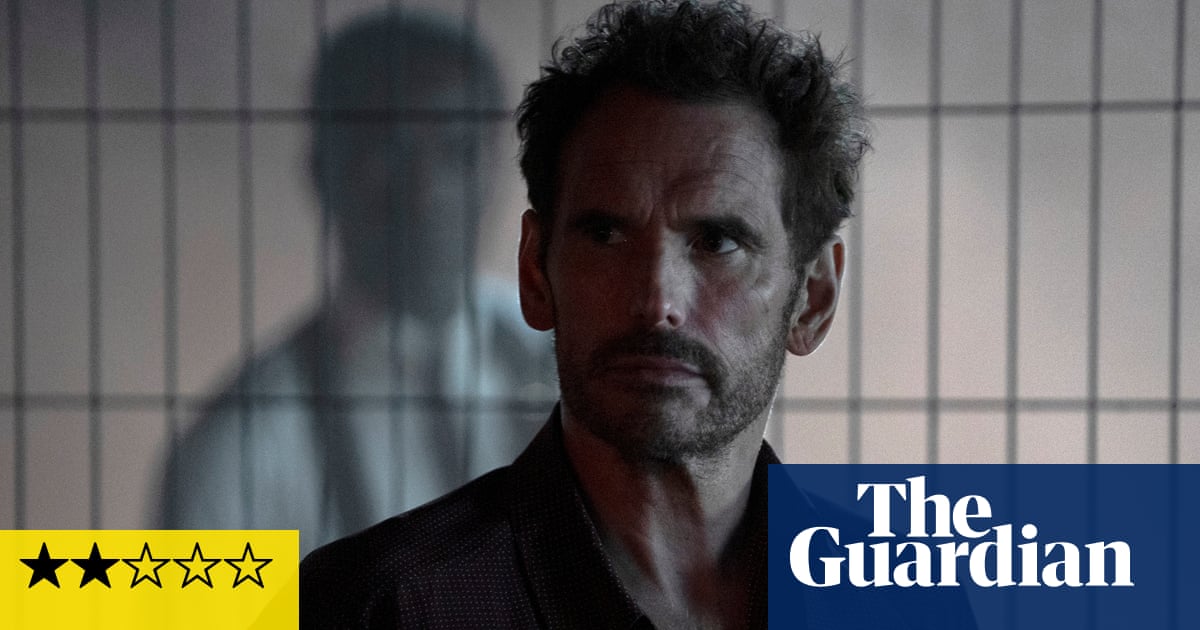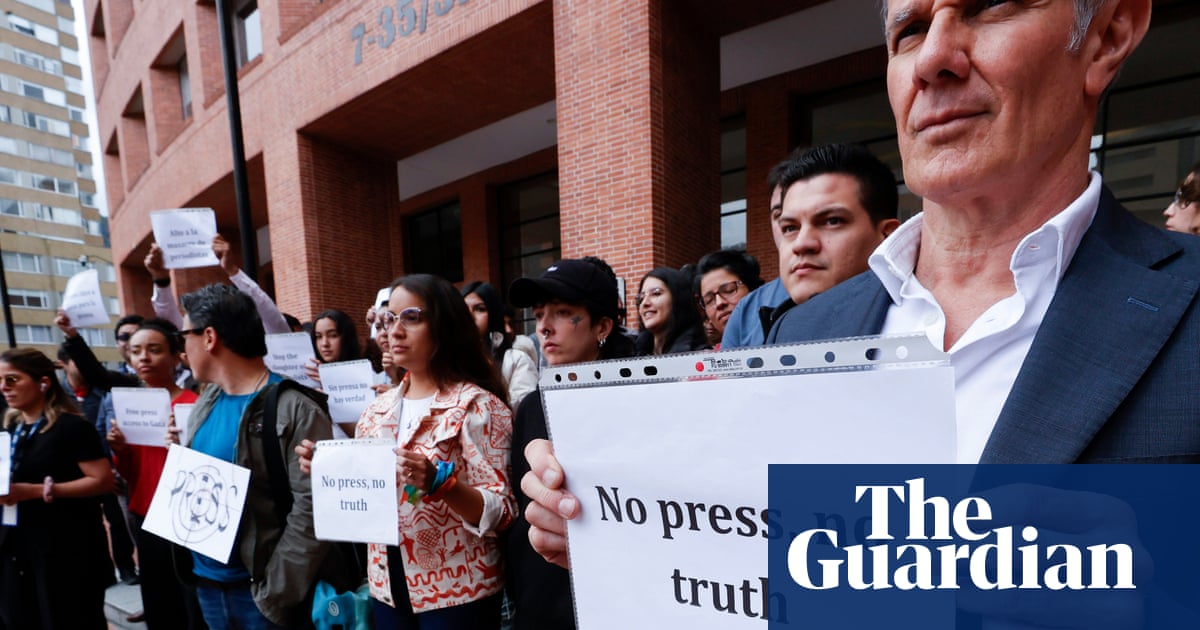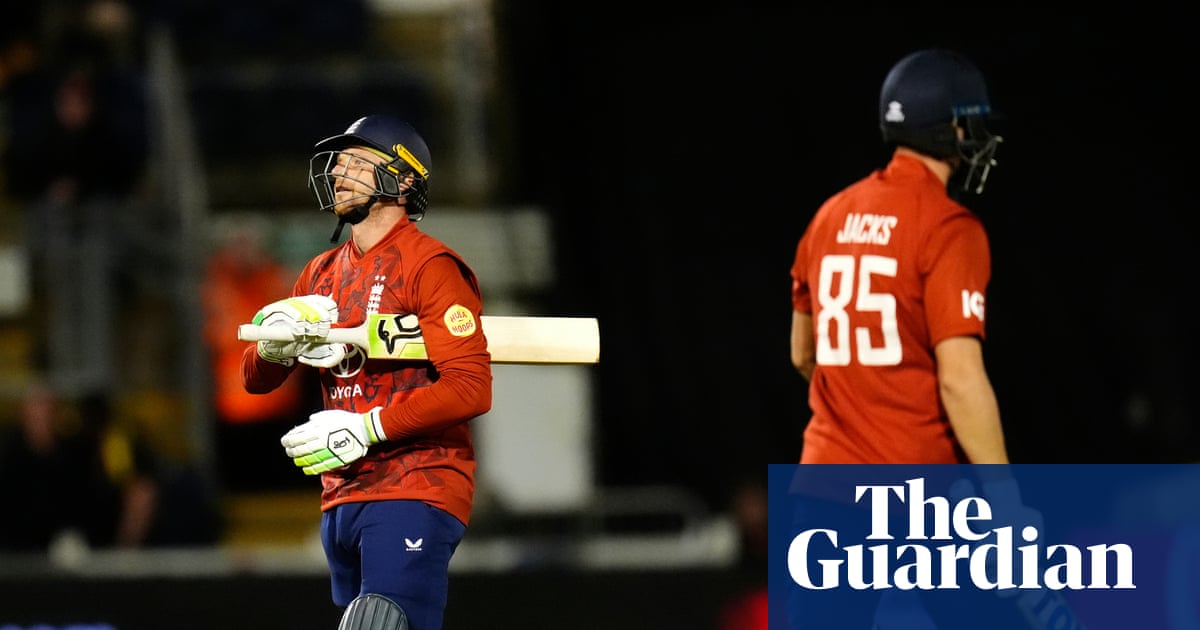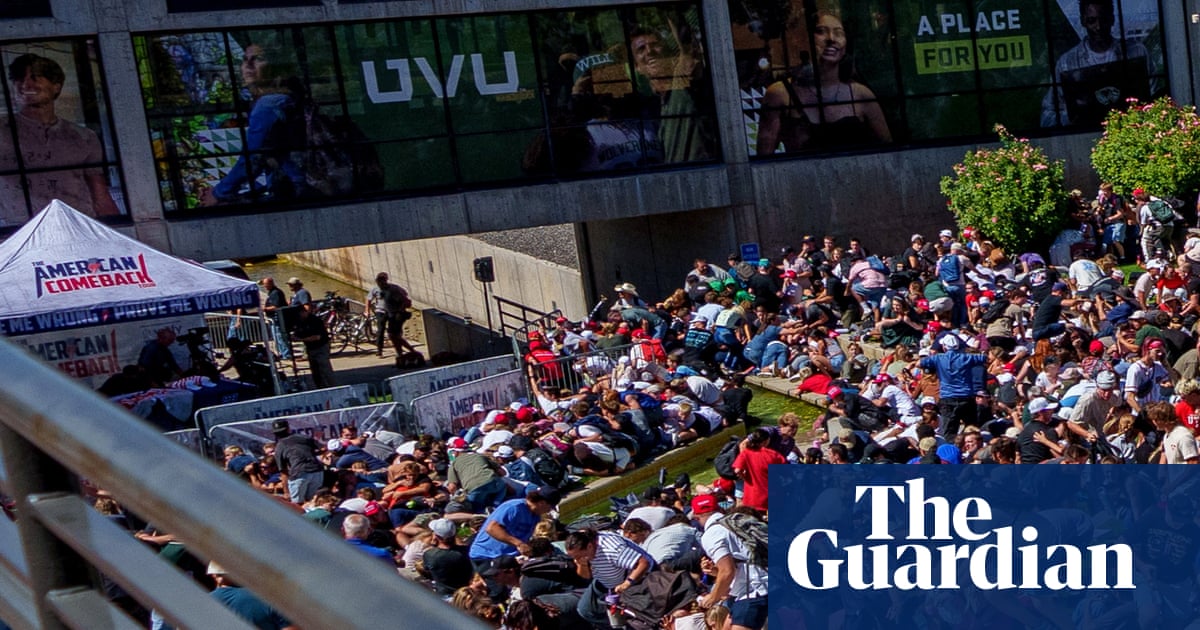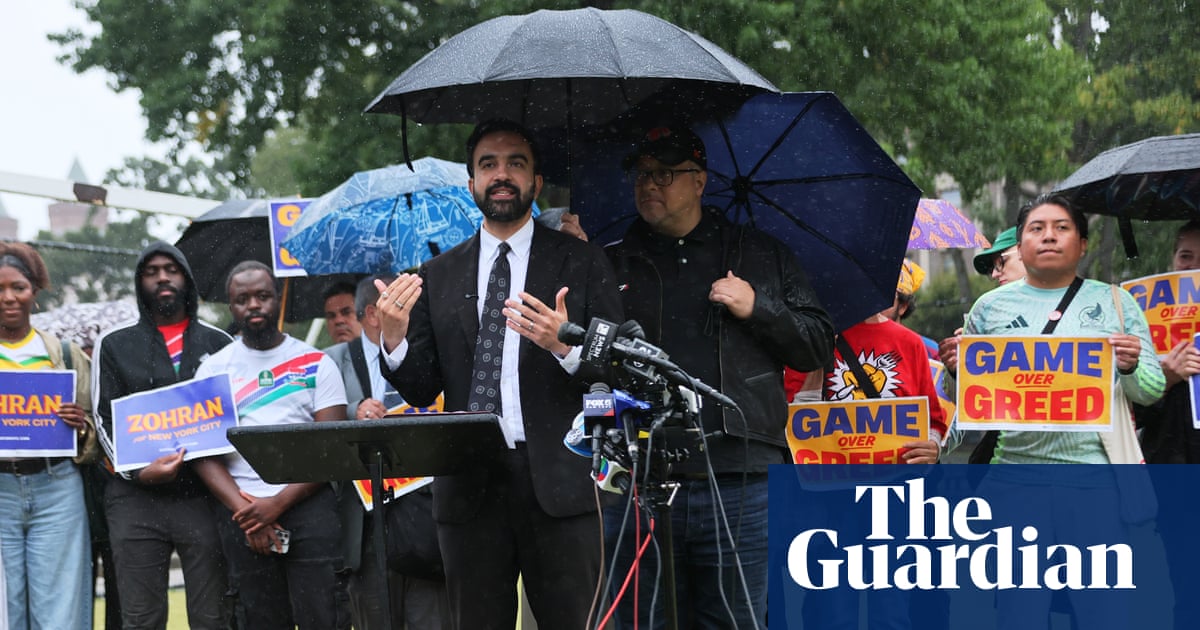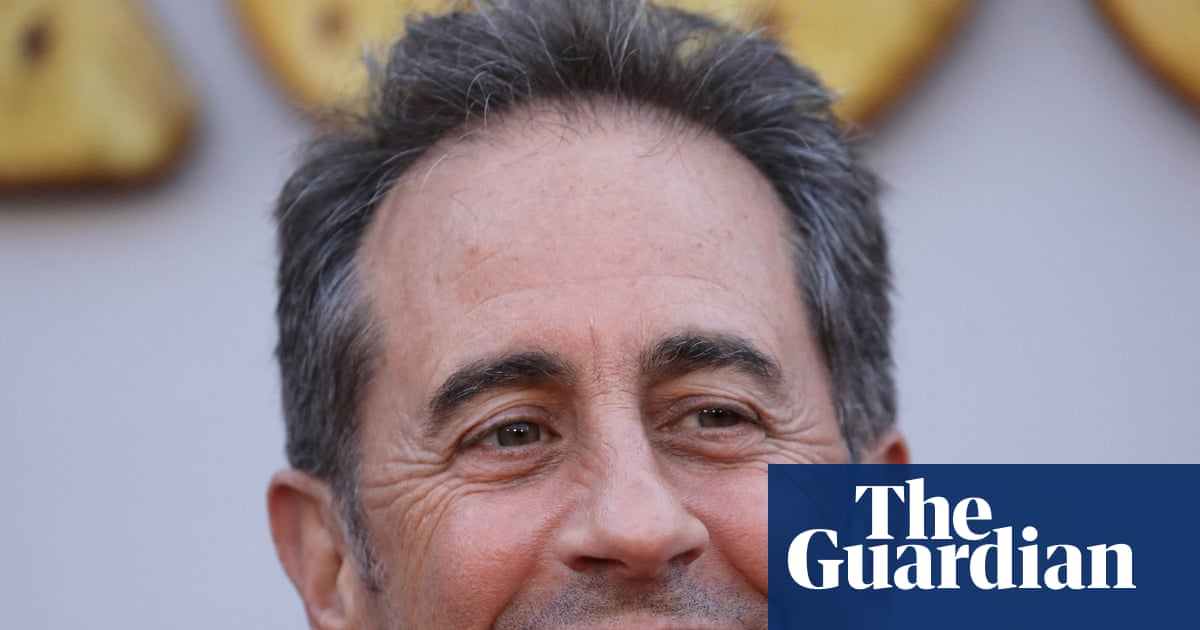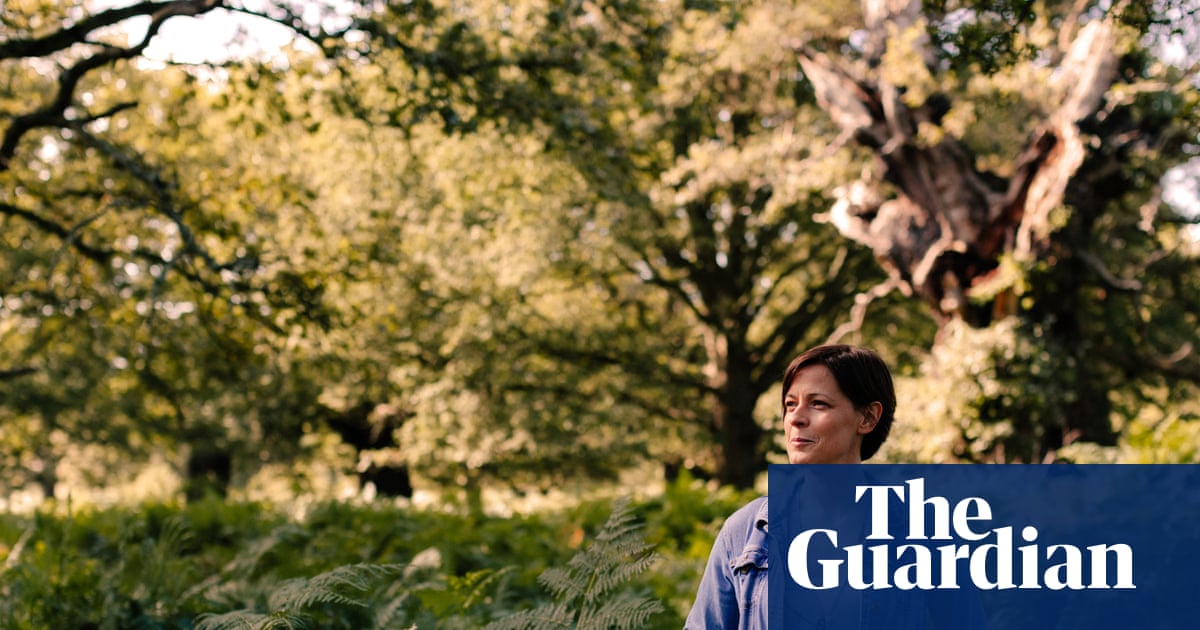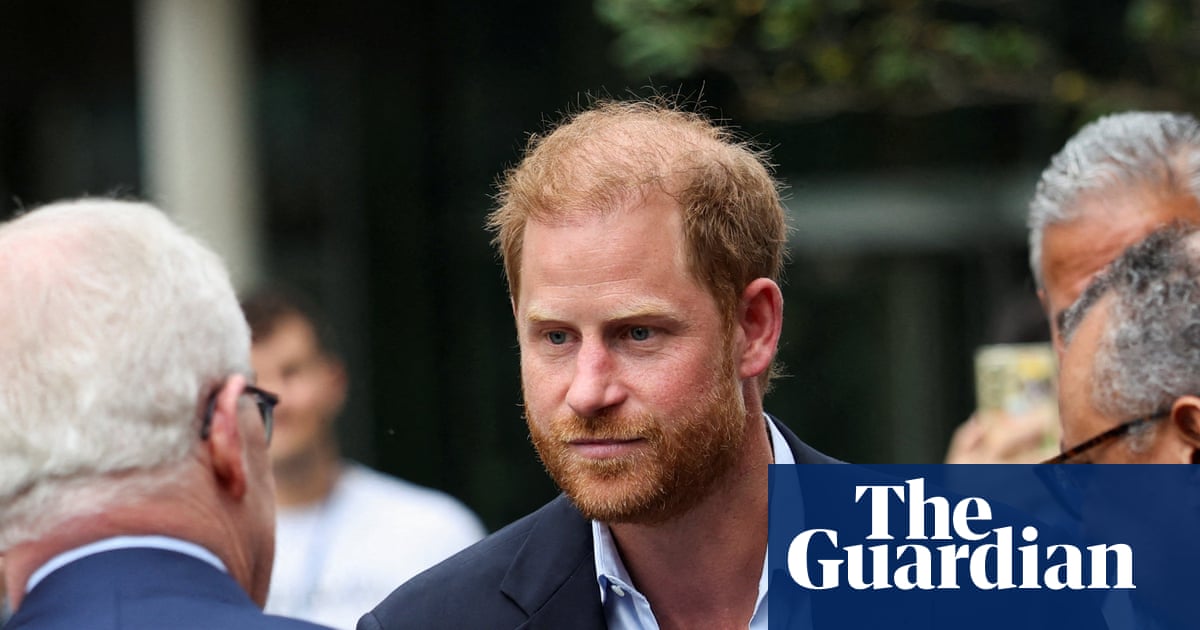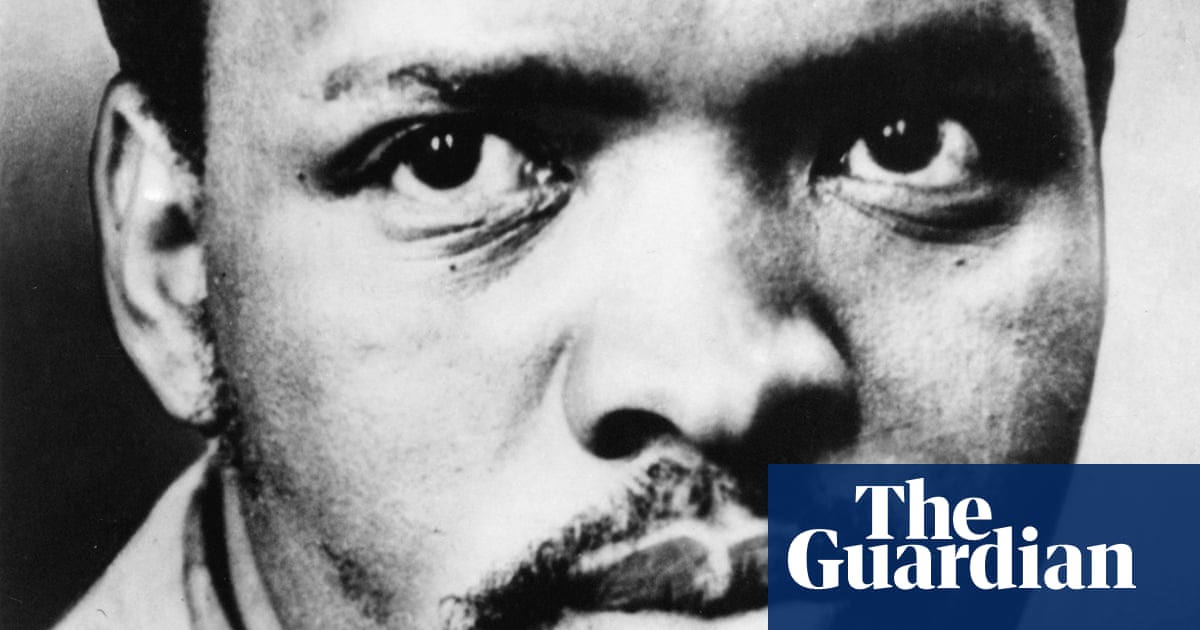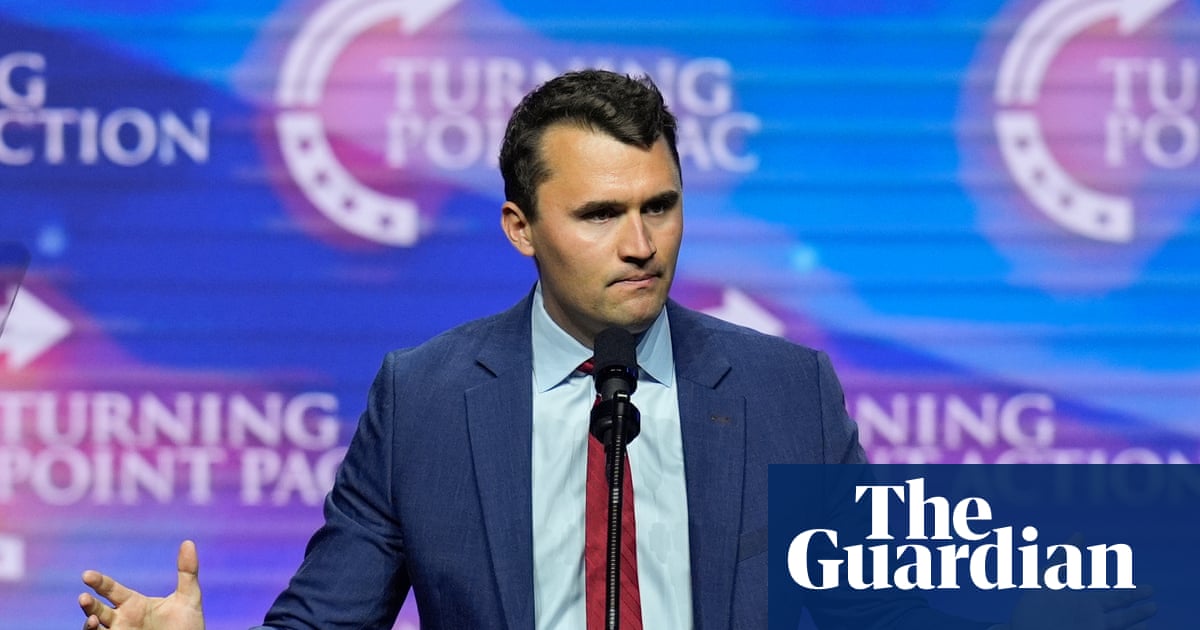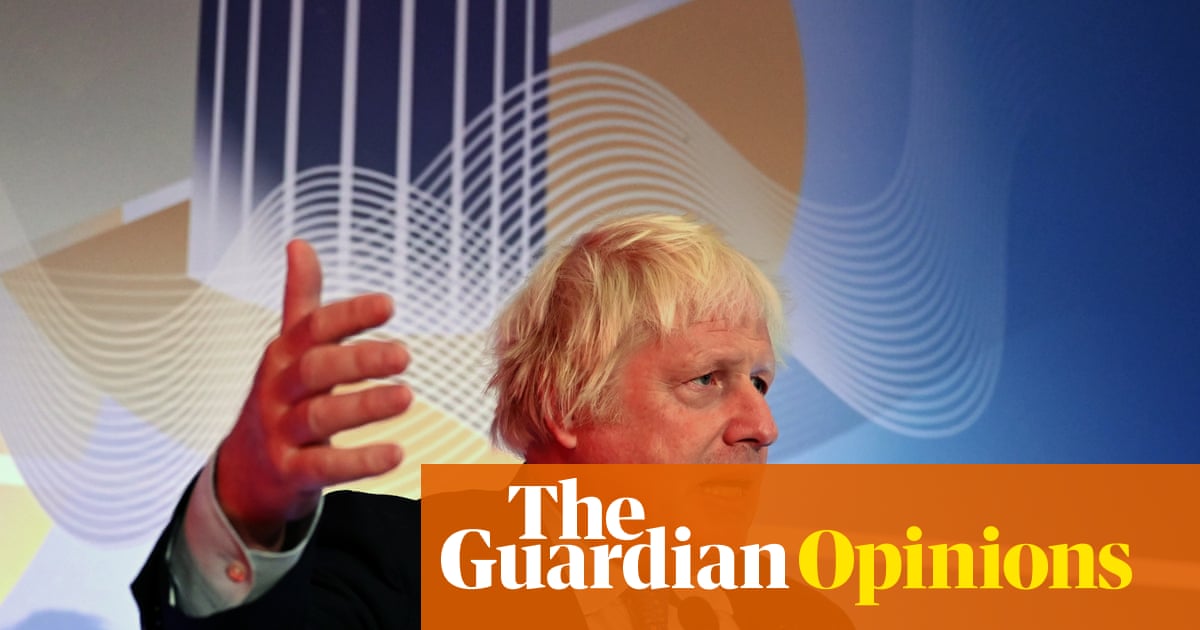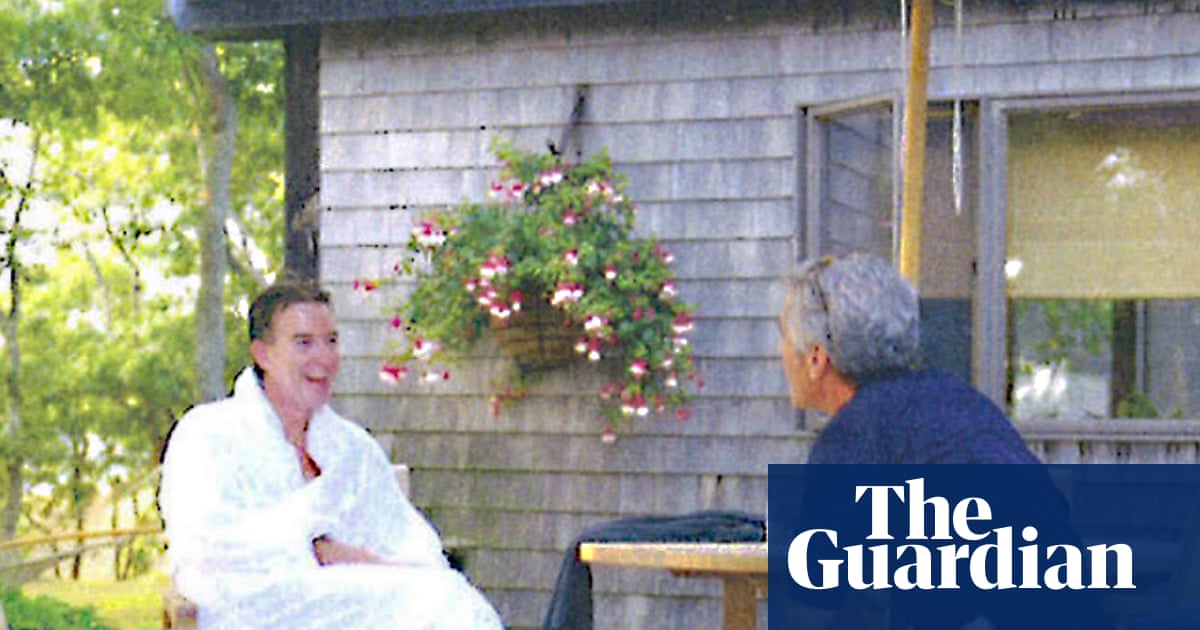Slot machine companies are targeting Britain’s poorest neighbourhoods and channelling the proceeds to billionaire-owned overseas corporations and a Wall Street fund that uses an offshore lending structure, the Guardian can reveal.
The number of slot machine shops has risen by 7% since 2022, as companies -friendly planning and licensing laws to flood Britain’s high streets with new “adult gaming centres” (AGCs), most of which are open 24 hours a day.
Venues are disproportionately concentrated in Britain’s most-deprived areas, according to analysis by the Guardian, prompting concern from a leading addiction expert and calls from politicians – including Andy Burnham, the mayor of Greater Manchester – for councils to be given powers to stop new sites opening.
Of 1,452 AGCs analysed, a third were in the poorest 10% of British neighbourhoods, while more than half served customers in the most-deprived 20%.
Figures show that the pattern of targeting the least well-off areas continued during a recent surge of new shop openings, as market leaders Admiral and Merkur expanded their high street footprint.
Seaside towns, many of which are economically deprived and also known for their amusement arcades, feature heavily among the areas with the highest concentration of AGCs, topped by Great Yarmouth.
But other coastal areas that do not feature resorts are also heavily represented.
Between them, Middlesbrough and Hull – the fourth and fifth most-deprived local councils – had 28 AGCs, according to the analysis, serving 424,592 people.
In contrast, 14 local authorities, in which 1.7 million people live, don’t have a single AGC. All but one of them are in the top 50% wealthiest council areas and eight are in the top 20%.
MPs and addiction experts raised concerns that the spread of shops offering 24-hour access to slot machines – consistently ranked among the most-addictive gambling products in health surveys – risked exploiting vulnerable people.
Prof Henrietta Bowden-Jones, the national clinical adviser on gambling harms at NHS England, said: “Slot machine venues, particularly those open 24/7, deploy addictive products to keep vulnerable people playing for hours on end, against their own interests.
“The Guardian’s findings indicate that the result of this is simply to channel funds from the pockets of the poorest into the pockets of the richest. This comes as the NHS is supporting record numbers who have had their lives destroyed by gambling, with 15 clinics now up and running across England.”
AGCs, which feature machines offering spins of up to £2 and jackpots of up to £500, took more than £530m from gamblers in the last year for which figures are available.
Burnham said: “It’s time we were honest about what [AGCs] really are,.” He warned that AGCs were “targeting some of the most vulnerable in our communities”.
“It’s unacceptable that councils have so little power to regulate them despite repeated concerns from charities and local residents.
“We must reclassify these venues in law, give local authorities stronger licensing powers, and hold operators accountable.”
The Labour MP Beccy Cooper backed calls from Burnham and a group of more than 30 councils – led by Brent in north-west London – for councils to be given more powers to prevent new AGCs opening.
Cooper said she was concerned that AGCs “seem to be clustered in areas of higher deprivation lining the pockets of gambling companies at the expense of some of our poorest communities”.
The UK’s largest AGC operator, Admiral Slots, is a UK division of Novomatic, a global gaming corporation owned by the Austrian billionaire Johann Graf, who is worth $10.2bn (£7.7bn), according to Forbes.
It has 346 venues in the UK, including bingo halls that also offer slot machines.
Its UK holding company, Novomatic UK, has awarded its highest-paid director more than £4m in salary and bonuses over the past two years for which accounts are available and paid its Austrian parent company £82m in dividends.
Germany’s Gauselmann family, whose patriarch Paul Gauselmann is worth $2.6bn, according to Forbes, owns Admiral’s biggest rival, Merkur, which has 262 shops.
Merkur was fined almost £100,000 by the gambling regulator earlier this year, after the Guardian revealed how staff allegedly exploited a vulnerable cancer patient.
after newsletter promotion
Burnham said he had been “shocked” by the case.
“I’ve written to ministers to raise her case and lobby for basic changes that could make a huge difference in protecting everyone from the dangers of these places,” he added.
The parent company of Merkur’s UK operation reported a loss of £2m on revenues of £200m last year, as it spent money on an expansion plan that has brought more than 100 new shops to the high street since 2020.
Private equity companies also rank among the largest slot machine owners.
Investors in a “tactical value” fund, run by the Wall Street bank Morgan Stanley, own the 39-strong Game Nation chain of slot machine shops.
City Gaming, the UK business that houses Game Nation, is funded by a £118m loan from NHTV Cherry Holding LLC, managed by a Morgan Stanley fund, Companies House filings show.
City Gaming paid £12.6m in interest on the loan to NHTV, which is based in the Cayman Islands, which does not charge corporation tax.
Britain’s largest motorway service station company, Moto Hospitality, also has 74 AGC licences.
It is owned by a giant £86bn pension scheme, the Universities Superannuation Scheme (USS), in partnership with the private equity group CVC Capital Partners.
Motorway service station slot venues were not included in the Guardian’s analysis of where AGCs are located.
A spokesperson for the arcades trade body, Bacta, said its members employed 9,000 people in the UK and paid £200m a year in tax.
“Social responsibility remains a cornerstone of Bacta members’ approach to their operations and businesses,” they added.
“Their priority is to offer safe, enjoyable fun to the many different walks of life that enjoy playing slots in a safe and responsible way.”
Merkur and Admiral did not return a request for comment.
USS, CVC and Morgan Stanley declined to comment. The Guardian approached Game Nation for comment via Morgan Stanley.

 3 months ago
48
3 months ago
48


